I was awfully curious to find out why I didn't go insane
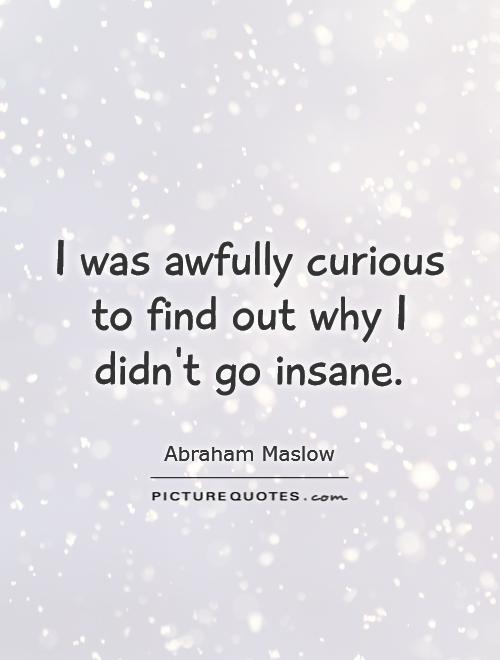
I was awfully curious to find out why I didn't go insane
Abraham Maslow, a renowned psychologist known for his theory of human motivation and hierarchy of needs, once famously said, “I was awfully curious to find out why I didn't go insane.” This statement reflects Maslow's deep curiosity and introspection about his own mental health and well-being, as well as his desire to understand the factors that contribute to psychological resilience and stability.Maslow's curiosity about his own mental health likely stemmed from his personal experiences and observations as a psychologist. Throughout his career, Maslow studied and worked with individuals who faced various challenges and adversities, including trauma, stress, and mental illness. He was keenly aware of the fragility of the human mind and the potential for individuals to experience psychological distress and breakdowns.
Despite his exposure to the darker aspects of human nature, Maslow himself managed to maintain a sense of mental equilibrium and resilience. This led him to question why some individuals are able to cope with adversity and maintain their mental health, while others succumb to mental illness and dysfunction. Maslow's curiosity about his own mental health was not just a personal inquiry, but also a professional one, as he sought to understand the psychological mechanisms that underlie mental well-being and resilience.
Maslow's theory of human motivation and hierarchy of needs provides some insight into his curiosity about his own mental health. According to Maslow, individuals have a hierarchy of needs that must be fulfilled in order to achieve self-actualization and psychological well-being. These needs include physiological needs, safety needs, love and belongingness needs, esteem needs, and self-actualization needs. Maslow believed that individuals who are able to satisfy these needs are more likely to experience mental health and well-being, while those who are unable to meet these needs may be at risk for mental illness and dysfunction.



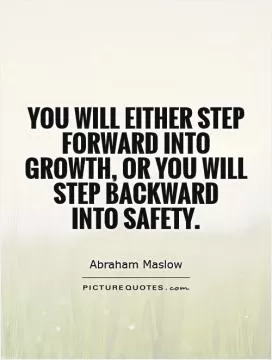



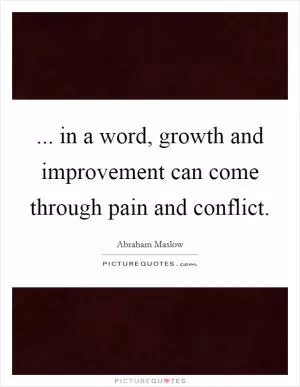


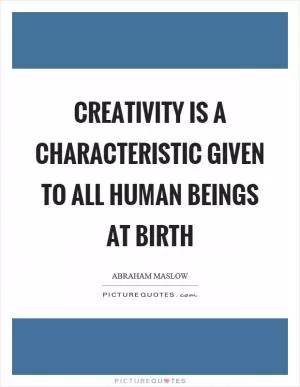
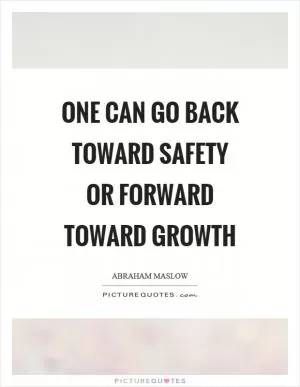
 Friendship Quotes
Friendship Quotes Love Quotes
Love Quotes Life Quotes
Life Quotes Funny Quotes
Funny Quotes Motivational Quotes
Motivational Quotes Inspirational Quotes
Inspirational Quotes